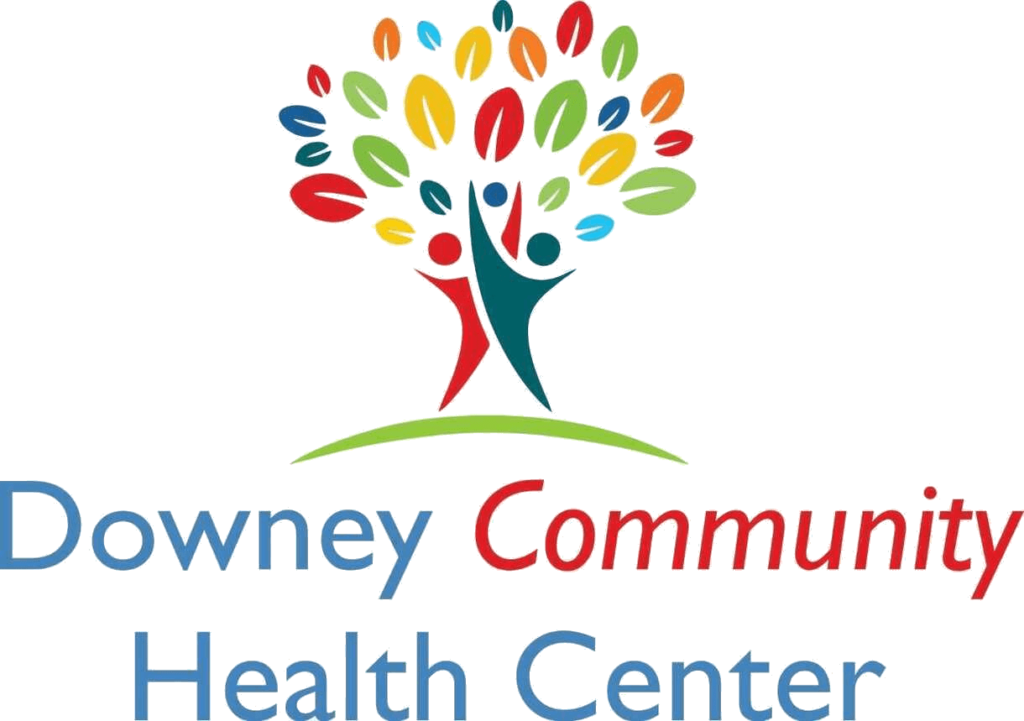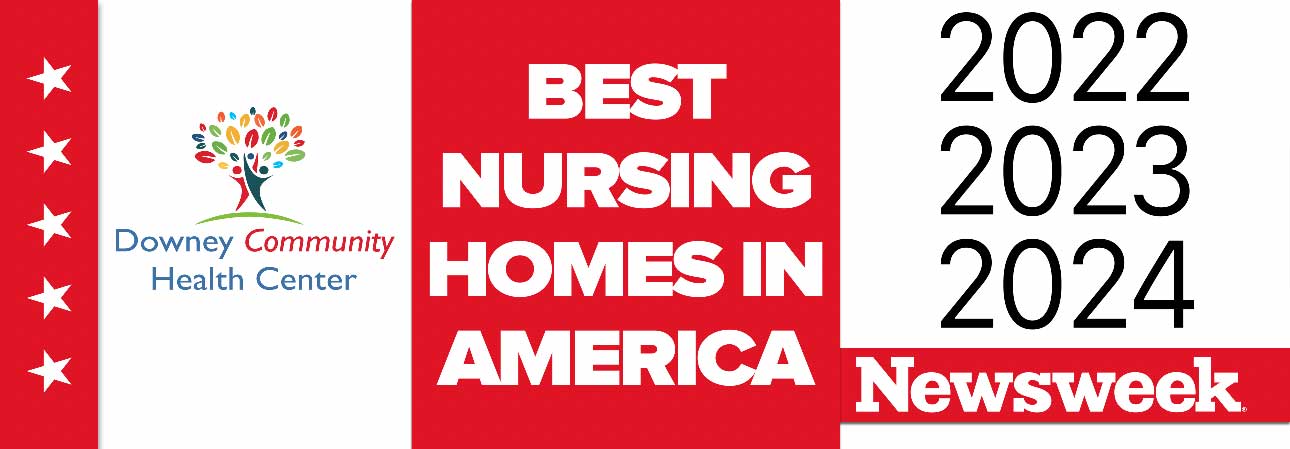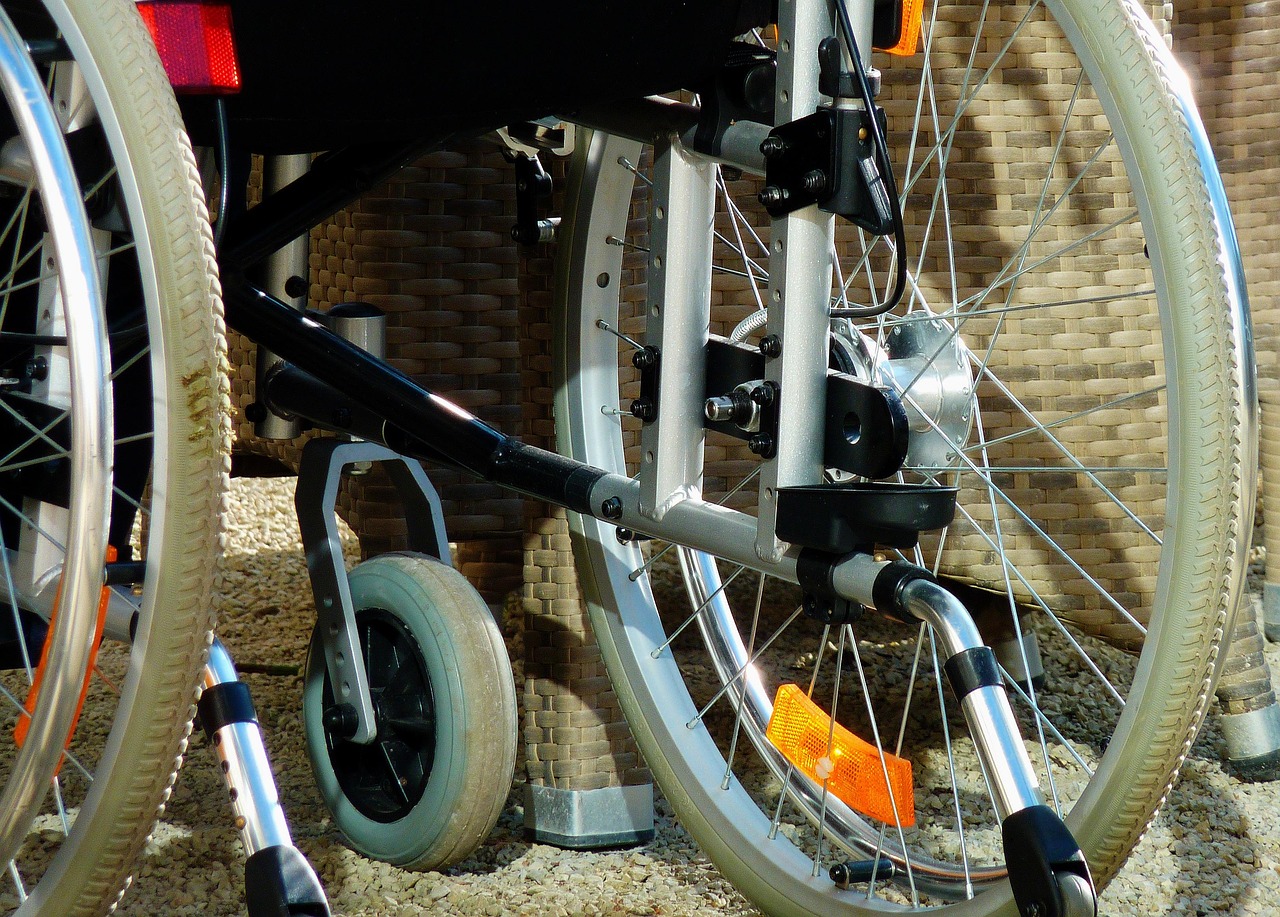Skilled nursing care represents a critical component in the healthcare continuum, especially for patients who require around-the-clock medical monitoring and assistance with daily living activities.
This level of care is typically provided in a skilled nursing facility (SNF) by a team of healthcare professionals including registered nurses (RNs), licensed practical nurses (LPNs), physical therapists (PTs), occupational therapists (OTs), and speech-language pathologists (SLPs), among others.
The primary goal of skilled nursing care is to help patients recover from illness or surgery, manage chronic conditions effectively, and achieve the highest possible quality of life.
The importance of skilled nursing care cannot be overstated. It offers a bridge between hospitalization and home for many patients, ensuring continuity of care and reducing the risk of hospital readmissions.
Beyond medical care, skilled nursing facilities offer a supportive environment that fosters emotional well-being, social interaction, and rehabilitation, significantly contributing to the overall recovery process.
Understanding Skilled Nursing Facilities
Skilled Nursing Facilities (SNFs) provide a high level of medical care that requires the expertise of licensed professionals, such as registered nurses (RNs), physical therapists (PTs), occupational therapists (OTs), and speech-language pathologists (SLPs).
These facilities are designed for patients who need medical care or rehabilitation services that cannot be provided at home or in an assisted living facility. SNFs serve as a transitional environment for patients recovering from surgery or illness who require intensive therapy before returning home.
Services Offered
The services offered by Skilled Nursing Facilities are comprehensive and tailored to meet the individual needs of each patient. These services typically include, but are not limited to:
24-hour Nursing Care
Continuous monitoring and care by registered nurses to manage complex medical needs.
Rehabilitative Services
Physical, occupational, and speech therapies to help patients regain strength, mobility, and communication skills.
Medication Management
Administration and monitoring of medications to ensure safety and efficacy.
Nutritional Support
Meal planning and nutritional counseling to promote healing and overall health.
Wound Care
Specialized care for wounds to prevent infection and promote healing.
Pain Management
Strategies and treatments to reduce pain and improve comfort.
A skilled nursing staff plays a critical role in the healthcare continuum, providing patients with the intensive care and support they need to achieve optimal recovery.
Legal Framework and Regulations
The skilled nursing community is governed by a complex legal framework and set of regulations designed to ensure patient safety and the highest quality of care.
A key component of this framework is the guidelines established by Medicare and Medicaid, which define the eligibility criteria for patients and the types of services covered. These guidelines are critical for patients seeking financial assistance for skilled nursing care.
Furthermore, state regulations play a crucial role in supplementing federal guidelines, with each state having the authority to impose additional requirements on skilled nursing facilities.
These may include stricter staffing ratios, specific training programs for nursing staff, and additional services that must be provided to residents.
Together, these layers of regulations ensure that skilled nursing communities uphold a high standard of care, tailored to the diverse needs of their patients.
Medical Necessity for Skilled Nursing Care
Skilled nursing care facilities are essential for patients who require ongoing medical monitoring, rehabilitation services, or specific treatments that can only be administered by licensed professionals such as registered nurses or physical therapists. The medical necessity for licensed nurses care is determined by several key factors.
Patients dealing with complex medical conditions that require frequent monitoring, adjustments in treatment plans, or specialized medical equipment are often candidates for a skilled nursing care facility.
Individuals recovering from surgeries, strokes, or severe injuries may need intensive rehabilitation services provided by skilled nursing facilities.
Lastly, conditions that require specific treatments like wound care, physical and occupational therapy, speech therapy, intravenous medications, or respiratory therapy often necessitate the expertise that only skilled services can give.
A physician plays a critical role in assessing a patient’s condition and determining the need for skilled nursing care. They evaluate the patient’s current health status, medical history, and the potential benefits of skilled nursing services.
At the same time, the physician must provide a detailed order outlining the patient’s specific needs for skilled care, including the type and frequency of services required. This professional assessment and documentation are crucial in securing coverage from insurance providers for skilled nursing care services.
Skilled nursing staff consisting of nurses only, therefore, is not possible – they work hand in hand with certified nursing assistants and physicians and can access a range of medical care services in order to provide their patients with the best help possible.
Conditions Requiring Skilled Nursing Care
Skilled nursing care is often necessary for individuals dealing with Chronic Illnesses or in Post-Surgical Recovery.
Chronic conditions such as heart failure, diabetes, and respiratory disorders may require ongoing medical management, monitoring, and treatment adjustments that skilled nursing facilities are equipped to provide.
These conditions often involve complex care routines that require professional expertise to manage effectively. For example, the skilled nursing care provided in a nursing home may require the nurses to constantly monitor the patient’s vital signs, symptoms, and treatment adjustment.
Similarly, patients recovering from surgery need specialized care to ensure proper healing and to prevent complications.
This care may include wound management, pain control, physical therapy, and close observation for signs of infection or other post-operative issues.
Skilled nursing care provides a comprehensive approach to help these individuals recuperate safely and effectively, often bridging the gap between hospital discharge and a return to home or long-term care settings.
Functional Limitations
Patients may qualify for skilled nursing care if they exhibit functional limitations, struggle with activities of daily living (ADLs), or face mobility restrictions.
Functional limitations refer to a patient’s reduced ability to perform routine tasks, which could be a result of medical conditions, surgery recovery, or cognitive impairments.
Activities of daily living (ADLs) encompass essential tasks necessary for personal care, including bathing, dressing, eating, and using the toilet. Mobility restrictions involve difficulties with moving around, whether it’s transferring from bed to chair, walking, or navigating stairs.
Skilled nursing care provides the necessary support and rehabilitation for patients facing these challenges, aiming to improve their quality of life and restore their independence to the greatest extent possible.
Cognitive Impairments
Cognitive impairments, including dementia and Alzheimer’s disease, significantly impact a patient’s qualification for skilled nursing care.
These conditions affect memory, thinking, and social abilities to a degree that interferes with daily functioning and requires a higher level of assistance and medical management. Skilled nursing facilities are equipped to provide the specialized care that individuals with these cognitive challenges need.
They offer a safe environment where patients can receive round-the-clock monitoring, medication management, and assistance with daily activities, along with therapies designed to slow the progression of their symptoms and improve their quality of life.
Therefore, the presence of cognitive impairments like dementia and Alzheimer’s disease often qualifies a patient for skilled nursing care, ensuring they receive the comprehensive support necessary for their well-being.
Complex Medical Needs
Patients with Complex Medical Needs, requiring close monitoring and advanced care beyond what traditional hospital settings or home care can provide, often qualify for skilled nursing care.
This type of care is essential for individuals recovering from serious surgeries, or injuries, or those managing chronic conditions that necessitate specialized attention.
IV Therapy is another critical service offered within skilled nursing facilities. It involves the administration of medications, nutrients, or hydration directly into a vein, allowing for faster absorption and often, a quicker response than oral medications.
IV therapy is crucial for patients who cannot take medications orally or require immediate drug administration.
Wound Care in a skilled nursing context involves meticulous attention and specialized techniques to ensure proper healing of surgical wounds, pressure sores, or other types of complex wounds.
This includes regular cleaning, dressing changes, and monitoring for signs of infection. Skilled nursing care provides the expertise needed to manage and expedite the healing process, reducing the risk of complications.
Rehabilitation Requirements
Patients often qualify for skilled nursing care when they have specific rehabilitation requirements that can only be addressed by professional healthcare personnel.
Physical therapy, for instance, can be essential for patients recovering from injuries, surgeries, or conditions that affect their mobility and physical function.
Through a personalized treatment plan, physical therapists work to restore movement, decrease pain, and increase strength and flexibility, ultimately aiming to improve the patient’s independence and quality of life.
Occupational therapy, on the other hand, focuses on helping patients regain the ability to perform daily activities and develop skills necessary for independent living. This might involve relearning how to dress, cook, write, or utilize assistive devices effectively.
An occupational therapist assesses the patient’s home and work environments to recommend practical modifications that can support the patient’s functionality and safety.
Duration of Skilled Nursing Care
The duration of skilled nursing care a patient may require can generally be categorized into two types: short-term and long-term needs. Short-term skilled nursing care often follows a hospital stay, aimed at recovery and rehabilitation from surgery, injury, or acute illness.
This type of care focuses on physical therapy, wound care, or intravenous (IV) therapy, to achieve a specific level of physical independence and return the patient home.
Conversely, long-term skilled nursing care is for patients with chronic health conditions or disabilities, need continuous, specialized medical care.
This care might involve complex wound dressings, tube feedings, or managing large-scale physical disabilities. Long-term care patients may reside in the facility for an extended period, potentially for the rest of their lives, depending on the severity of their condition.
Discharge planning is a critical component of both short-term and long-term skilled nursing care. It begins upon admission and involves assessing a patient’s ongoing care needs post-discharge, whether returning home or transitioning to long-term care.
Effective discharge planning ensures the patient’s smooth transfer to the next stage of care, involving patient and family education, arranging for home healthcare services if needed, and ensuring all necessary medical equipment and medications are in place.
Alternatives to Skilled Nursing Care
Home Health Care
Home health care offers a flexible and comforting solution for individuals who require medical attention but prefer to stay in their own homes.
This type of care is typically coordinated through a healthcare agency, providing services ranging from wound care and administering medication to physical therapy and monitoring serious illness.
Home health care can be an excellent option for those who need medical care post-surgery, are managing chronic illnesses, or require assistance with activities of daily living, but do not need the intensive, round-the-clock care of a skilled nursing facility.
Assisted Living Facilities
Assisted living facilities represent a middle ground between independent living and skilled nursing care, catering to individuals who require assistance with daily activities but do not need the high level of medical care provided by nursing homes.
These facilities offer a residential setting, often including private apartments, along with services such as meal preparation, housekeeping, and transportation. Additionally, assisted living often provides social and wellness activities, fostering a community environment while ensuring residents receive the care they need.
Summary of Key Points
Skilled nursing care is designated for patients who require daily, direct care from licensed healthcare professionals. This can include physicians, nurses, physical therapists, and other specialized personnel.
To qualify, a patient typically needs to have a complex medical condition or require post-hospitalization care that cannot be adequately provided by family or non-medical caregivers.
Conditions such as severe wounds, acute illness, chronic disease management, or the need for rehabilitation services like physical therapy, often necessitate skilled nursing care.
The importance of skilled nursing care cannot be overstated. It plays a crucial role in a patient’s recovery and well-being, offering critical medical attention, supporting daily living activities, and providing a bridge between hospital and home care for those in recovery.
Skilled nursing facilities are equipped to manage medical needs that are too intricate for non-professional caregivers, ensuring that patients receive the highest standard of care to aid in their recovery and maintain their health.







